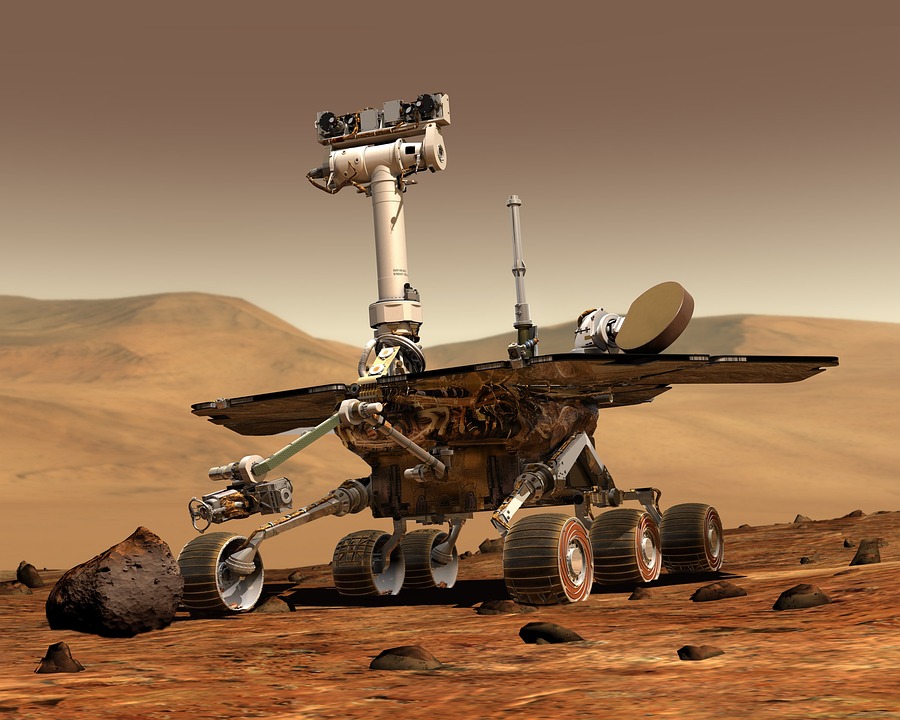Data science has quickly become a crucial field in today’s technology-driven world. As businesses and organizations collect and analyze vast amounts of data to make informed decisions, the need for skilled data scientists continues to grow. With advancements in artificial intelligence, machine learning, and big data, the future of data science is incredibly promising. Here are some key innovations and breakthroughs to watch in the coming years.
1. Automated Machine Learning (AutoML): AutoML is revolutionizing the field of data science by automating the process of building machine learning models. This technology allows non-experts to create, train, and deploy machine learning models without having to write complex code. This will democratize data science and enable more people to leverage the power of machine learning for their projects.
2. Federated Learning: Federated learning is a decentralized approach to machine learning where models are trained across multiple devices while keeping data localized. This is particularly beneficial for organizations that deal with sensitive data or data that cannot be shared due to privacy concerns. Federated learning enables collaborative model training while protecting user privacy and data security.
3. Explainable AI: As AI becomes more prevalent in decision-making processes, the need for transparency and interpretability has become crucial. Explainable AI algorithms allow data scientists to understand how AI models arrive at their predictions or recommendations. This is essential for building trust with stakeholders and ensuring that AI systems are fair and unbiased.
4. Quantum Machine Learning: Quantum computing is a revolutionary technology that promises to solve complex problems that are currently intractable with classical computers. Quantum machine learning combines the power of quantum computing with machine learning algorithms, enabling data scientists to process and analyze massive datasets at an unprecedented speed. This will open up new possibilities for data analysis and optimization.
5. Data Privacy and Security: With the increasing volume of data being collected and analyzed, data privacy and security have become top priorities for organizations. Innovations in data encryption, anonymization techniques, and secure computing frameworks are being developed to protect sensitive data from unauthorized access and misuse. Data scientists will play a crucial role in implementing these technologies and ensuring that data privacy is maintained throughout the data lifecycle.
The future of data science is undoubtedly exciting, with numerous innovations and breakthroughs on the horizon. As the field continues to evolve, data scientists will need to stay current with the latest technologies and trends to keep pace with the rapidly changing landscape. By embracing these innovations and harnessing the power of data, data scientists can drive meaningful insights and innovations that will shape the future of technology and society as a whole.
